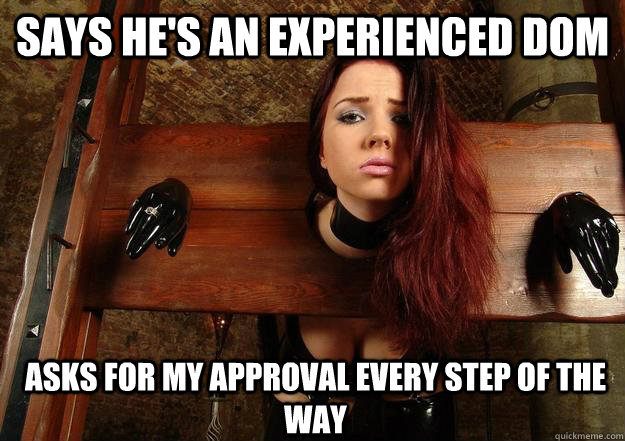Experts believe open relationships don’t actually work.
So over the last couple of weeks I have been having a bit of a turmoil with my partners one who has been around in the Poly world for a while and my new flame who hasn’t and comes from a Indian background with no real mention of Poly, I saw this article, The truth about open marriage, that I came across on Web MD.

It sounded neat, and the story about the family who is balancing their open relationship and their family. It could have been a great article about people who are successfully living this lifestyle, and there are MANY. But then they brought in this psychologist who offers his expertise in the form of speculations and assumptions on a subject that he obviously has very little knowledge of.
Probably about 4% to 9% of U.S. adults have some sort of open arrangement, estimates Franklin Veaux, 41, an Atlanta-based computer programmer and web site developer who also runs a polyamory web site.
Others, including Steve Brody, PhD, a psychologist based in Cambria, Calif., put the number much lower. “It’s got to be less than 1%,” he says. He has counseled thousands of couples in the past 30 years and has encountered very few instances of open relationships among his patients.
Later in the article you learn that he worked together with his wife of many years, “Cathy”, to co-author a book called Renew Your Marriage at Midlife.
He speculates that it’s “next to impossible” to lay ground rules for an open relationship, from the perspective of a professional who specializes in monogamous relationships. It seems to me that the reason he’s “encountered very few instances of open relationships among his patients” is probably because:-
1) His patients lean more in the direction of working on their MONOGAMOUS relationships (which would explain why they’re seeing him)
2) They’re engaging in infidelity instead of consensual non-monogamy (and may also explain why they are seeing him, right?)
Either way, this is an example of selection bias, because he’s making assumptions about the general population based on his experiences in psychologist/patient relationships, but his client pool is not actually representative of the general population.
The other two experts interviewed (William Dougherty, PhD, and Louanne Cole Weston, PhD, MFT) have excellent credentials, and said things that weren’t totally negative, but… it’s hard to explain how it feels like it’s all said in a condescending tone. Everything is in “quotes” and they say attractive things like “pushing the limits” and “idealism” and “artificial cultural constraints” and I can sort of imagine them doing the air quotes while they’re saying it. It’s just something about the tone, like an open relationship is something practised by starry-eyed hippies and flower children.
The result, for me, is that all the parts of the article that were contributed by the so-called “experts” left me feeling like people like me, people who genuinely have the capacity to experience love and complicated relationships with more than one person without feeling compelled to create a dramatic shit-storm, were sort of mocked and demeaned.
The article had great stories about people who are really doing this. They interviewed people who shared things on an emotional level, offered tips about how they balance their scheduling, how they work on communication – but they bounced these stories, stories of people who are REALLY DOING IT, back and forth with these “experts” who were glossing over them and saying that it couldn’t really be done.  We, real people here on the ground all over the world, have been participating in the cultural experiment in which there is one isolated nuclear family with one or two exhausted caregivers and money earners who are expected to fall in love and stay in love and be each other’s only everything through everything that life throws at them, and more and more of us are saying “Enough!” It’s possible to choose a different kind of life
We, real people here on the ground all over the world, have been participating in the cultural experiment in which there is one isolated nuclear family with one or two exhausted caregivers and money earners who are expected to fall in love and stay in love and be each other’s only everything through everything that life throws at them, and more and more of us are saying “Enough!” It’s possible to choose a different kind of life
My personal opinion is that some of us are naturally monogamous and some of us are not, and neither one is better or worse, it just depends on your own orientation and preference. But hey. I’m not the expert being interviewed.






